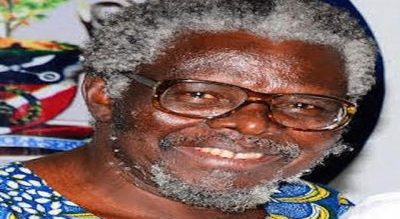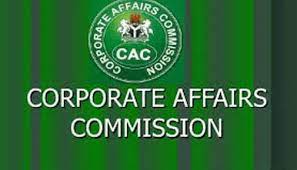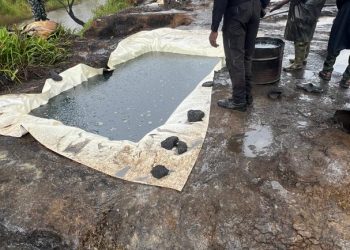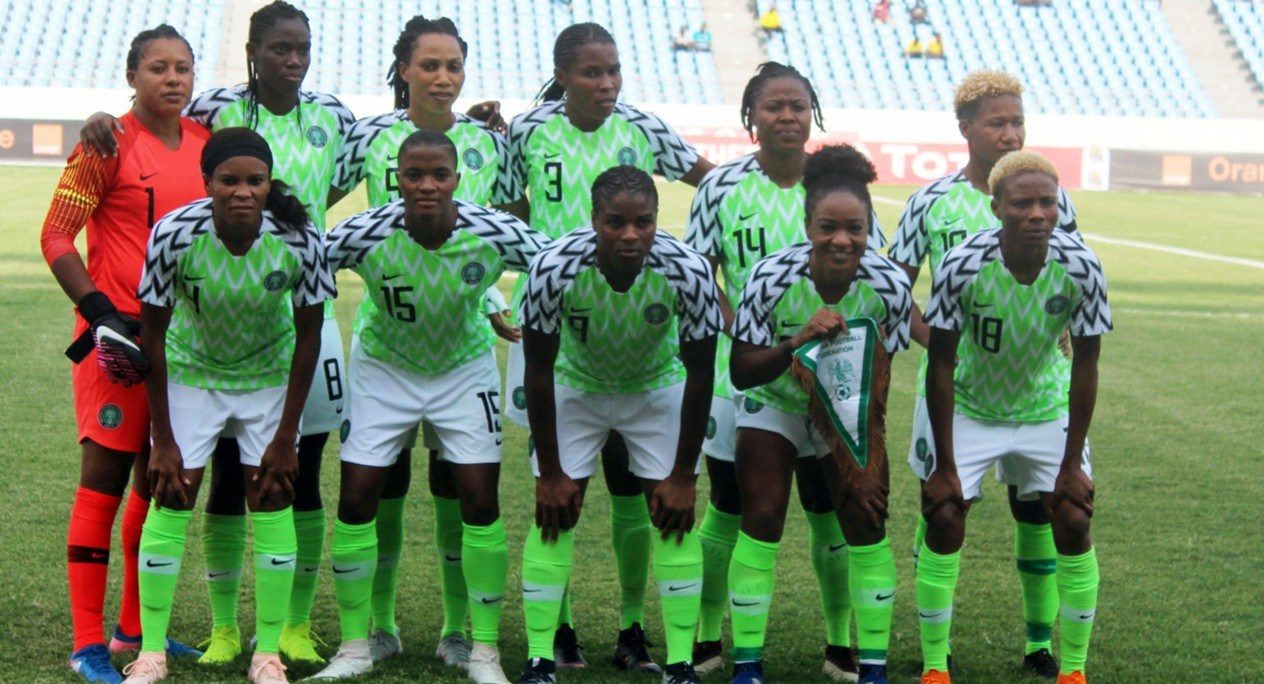Although participation in “bourgeois politics”—as we used to call electoral politics—has never been absent from the Nigerian Left’s general programme, it has also not been made a “categorical imperative”. I am, however, now persuaded that it has become generally accepted in the ranks of contemporary Nigerian Leftists that intervention and participation in the country’s electoral struggle—for office or for power, as an organized political force and in alliance or acting separately—have become both categorical and urgent. The following notes are offered as a searchlight in support of this anticipated revised programme of the Nigerian Left. The Left should see the political terrain more clearly.
The contradictions highlighted may assist the Left in deciding on alliances if that political strategy favourably suggests itself. But the Left should, first of all, construct a serious and viable organization and develop a people’s manifesto. My notes will be presented in three steps.
Step One: Unity and disunity in Nigeria’s ruling class: A proposition I made in a recent piece, Movements of Nigeria’s ruling class (June 1, 2018), goes like this: “Nigeria’s ruling class is characterized by this duality: On the one hand, as a national ruling class, it is fundamentally united by capitalism (as dominant mode of production) and capitalist rules and logic (which unite and run the entire economy). On the other hand, the class is divided by many things: history, places and roles in the economy, primitive/primary accumulation of capital, ethnicity, regionalism, religion, culture, etc.” I may add that the class is also divided—at a secondary level—by differences in education, exposure and personal development.
It is because the ruling class is united that it is able to enforce, protect and defend its collective interests against the interests of other classes and strata, and be able to close ranks at critical times when its rule, as class rule, is challenged. We may look at just two illustrations. Why has the National Assembly, which has been engaged in so many civil wars, not been able to engage in a serious debate on its scandalous emoluments since the birth of the Fourth Republic? And why has the Federal Executive Council or the Presidency not thought of reviewing the “contract system”—knowing full well that it is the biggest source of corruption and state robbery?
On the other hand, it is because the ruling class is disunited along the lines indicated above—and other lines—that it has, within its ranks, different political parties, factions of political parties, different “sociopolitical” and “socio cultural” groups, secret cults and fraternities, insurgent groups, elders’ and thought-leaders’ forums, criminal gangs, mafias, etc, etc.
The ruling class of Nigeria is engaged in two simultaneous struggles: one external and the other internal. The external struggle is the struggle against the other classes, groups and strata which the ruling class dominates and exploits. The internal struggle is the range of battles going on within the class between factions and groupings earlier listed. The president heads two fighting forces. He heads the ruling class in its fight against the oppressed; and he heads the hegemonic faction of the ruling class against the other factions. If he loses one of the two positions, or both positions, he may still remain in office, but not in power.
Step Two: Nature of politics and power struggle: Let us define a social formation as a “society or social structure at any level (such as a nation, city, business, university or even a family) with all its complexities (economic, political and ideological relations) as it is historically constituted.” Nigeria is a social formation. And this social formation is called capitalist not because capitalist relations of production are the only relations in the economy. No. There can be, as in Nigeria, several pre-capitalist and non-capitalist modes of production in an economy designated as capitalist. Nigeria is called capitalist not only because the capitalist mode of production dominates in the economy, but also because the logic and rules of capitalist exploitation govern the administration, reproduction and development of Nigeria as a social formation.
The main proposition here is that politics is played and political power struggles are waged “holistically” at the level of the social formation—as different from other forms of struggles (economic, ideological, cultural, etc), which are waged at “sectoral levels.” For instance: a party of the ruling class does not address only members of its class when campaigning for votes. It addresses the social formation.
READ ALSO: Abuja agog as APC holds national convention
Similarly, a revolutionary socialist party should not address only the toiling and working masses— although these are in overwhelming majority. It must address all classes and groups including the oppressors and exploiters— because it aspires to rule over and transform society as a whole—for the good of all.
The language of politics is therefore different from that of economic struggle. For instance: The language of labour disputes—which accept the fact of capitalist ownership—should be different from the language of disputes over factory ownership! Similarly, the language of minimum wage struggles should be different from the language of struggles to occupy Aso Rock and determine labour policies!
Step Three: Forces in Nigeria’s current power struggle. This third and final step consists of applications of the preceding steps to the current political battles. We may first look at the ruling class parties, properly so called. They include, in the main, the All Progressives Congress (APC), the People’s Democratic Party (PDP), the All Progressives Grand Alliance (APGA), the Social Democratic Party (SDP) and the newly energized African Democratic Congress (ADC).
Of these five political formations, the first two (APC and PDP) are nation-wide in spread; they are stronger than the others; and the balance of power within each of them reflects the balance of power within the ruling class as a whole. In other words, each of APC and PDP, though national, has centres of gravity—like the ruling class itself. APGA is limited geopolitically by history and current practice. SDP and ADC aspire to be like APC and PDP in geopolitical spread. From the point of view of the Left, the only concrete difference between these five thoroughly capitalist formations is in their positions on the “national question,” specifically “federalism” and “restructuring.”
One particular point in the preceding paragraph should be lifted and underlined. And this is the fact that each of APC and PDP—and perhaps, SDP and ADC in the future—reflects the unity and disunity (that is the contradictions) in the country’s ruling class (as described in Step One). So, when a particular national political question, such as “federalism and restructuring,” is raised, one discovers contradictions in both APC and PDP: while some segments in each party say they are categorically committed to it (with details still unclear), others are ambivalent. The balance of forces in each of the two parties today is not a categorical commitment to “true federalism” and “restructuring.”
What is the place and role of the Nigerian Left in this survey of political forces? Are they irrelevant to the power struggle? Are they external to it? In response we may paraphrase a passage from Leon Trotsky’s History of the Russian Revolution (1932). It goes like this: “Without a guiding organisation, the energy of the masses would dissipate like steam not enclosed in a piston box. Nevertheless, what moves things is not the piston or the box, but the steam.”
In its 75-year history, the Nigerian Left has had tremendous impact not only among the working and toiling masses and the “wretched of the earth,” but across the social formation and in the country’s political process. But that impact has been dissipated like steam not enclosed in a piston box!
*Madunagu, mathematician and journalist, writes from Calabar, Cross River State, Nigeria.











